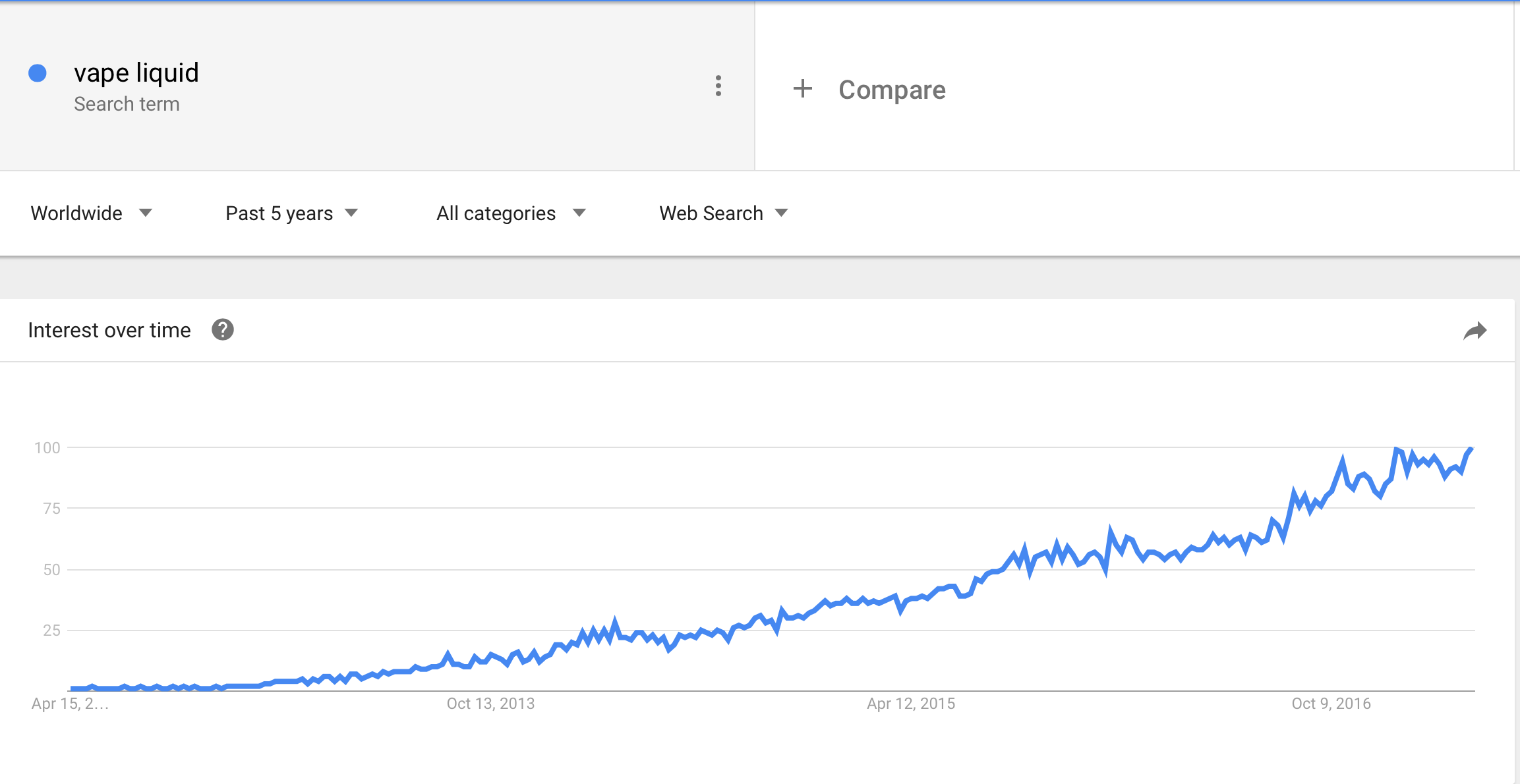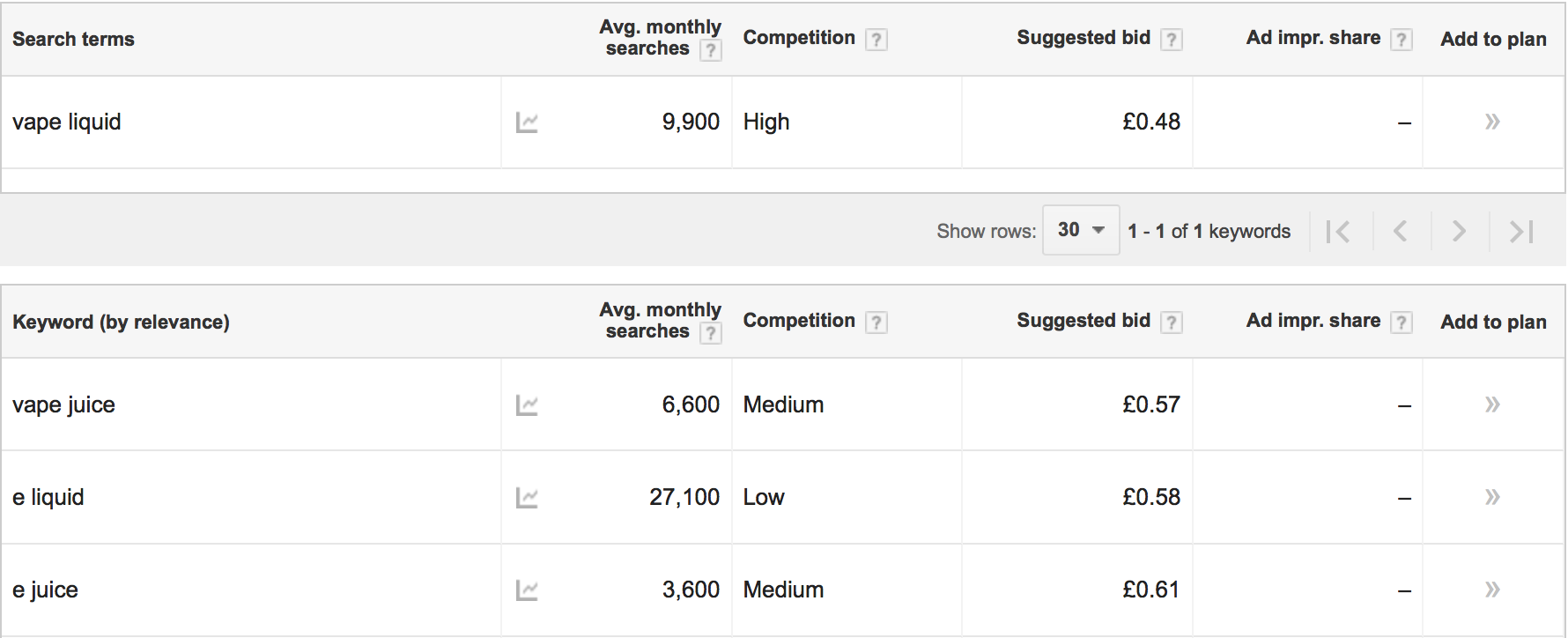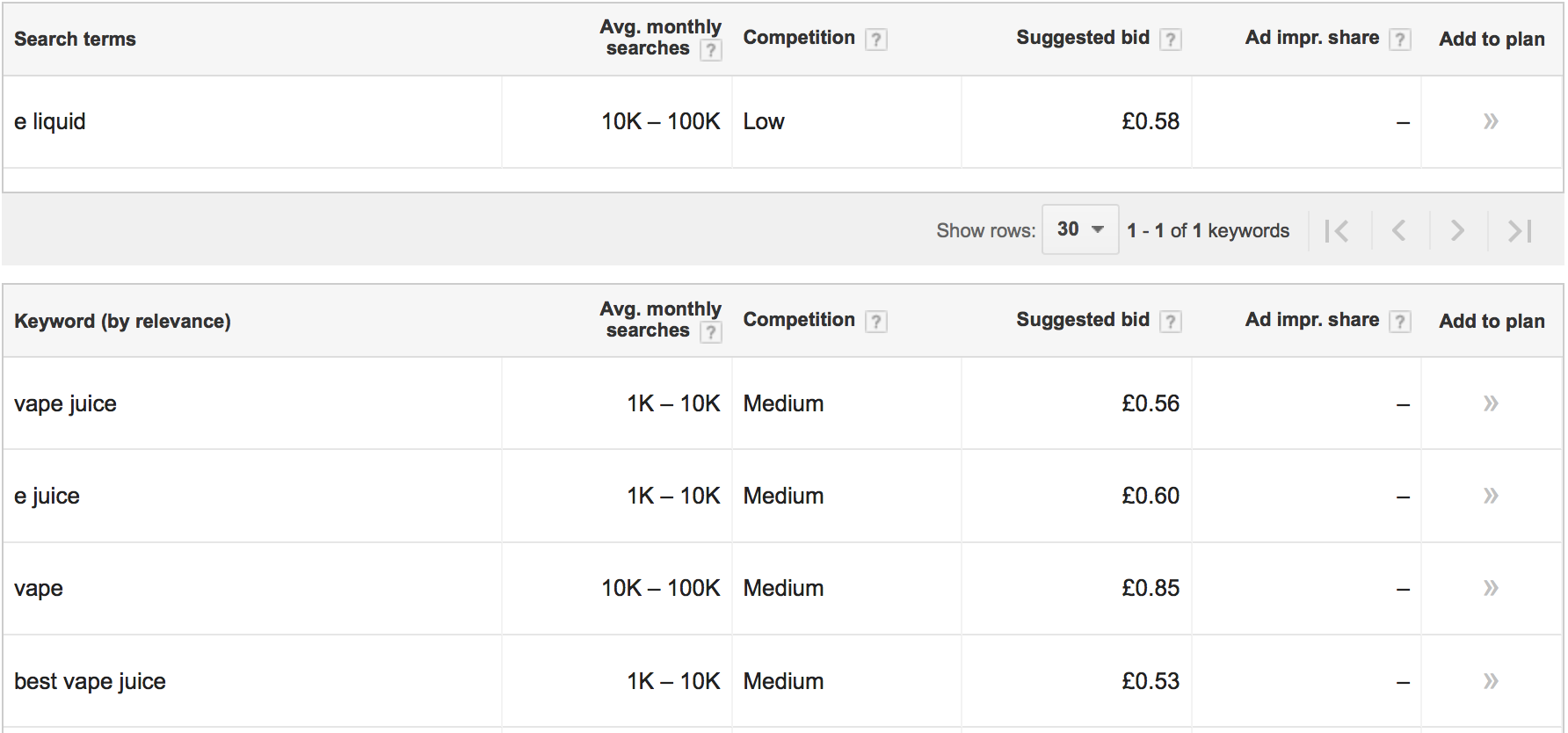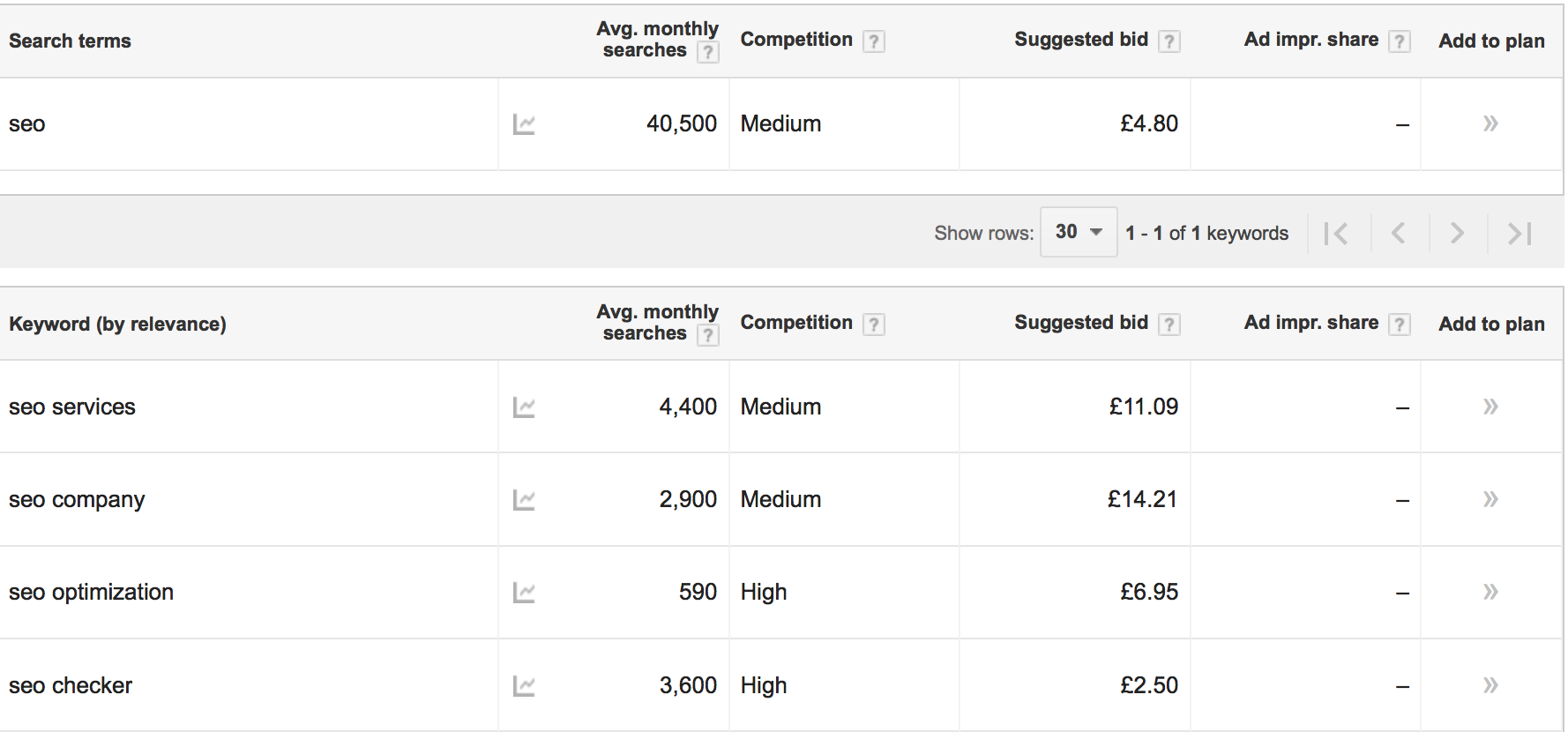All entrepreneurs have a dream of starting a business, watching it grow and making their millions, but to do that in this day and age without using the internet would almost unthinkable.
The internet is a global phenomenon with an estimated 3.2 BILLION users. 45.9 Million in the UK alone, 89.8% of the population!
If that isn’t the perfect playground for entrepreneurs I really don’t know what is. Nothing even comes close to the reach the internet has.
The internet can be used in almost every aspect of an entrepreneur’s journey to success. The thought that you can come up with an idea, check to see if there is a market, find someone to develop/produce your idea, then sell it to a potential customer base in the billions without even leaving the comfort of your own home never ceases to amaze me.
Ever since I first read the Four Hour Work Week, the thought of creating an online business has consumed me and my thoughts. The whole idea of having a location independent business is mind blowing. Most people can’t imagine themselves working from home, never mind from a beach in the Bahamas.
Before the internet, none of this would be possible. You couldn’t set up a brick and mortar store then jet off to Dubai and expect the money to start rolling in but with an online business all these things are possible. You can set up a business in one country, move to another and carry on running the business as if nothing has changed. The internet has created a world that’s easy for entrepreneurs to thrive in. Anyone can set up a website with very little money to start with and with such vast customer bases at the tips of your fingers, there are countless ways to turn that website into a fully fledged online business. It’s what inspired me to set up my own heating blog and Designer Lighting company ‘Kuufi’.
What online business do I start?
Those of us that have been sold the idea of online business’ and a location independent lifestyle, the starting point is always what type of business do we start and how will our business make money?
There are numerous types of online business’ so I’m going to cover two of the most well known.
E-Commerce
The most commonly known online business is probably an e-Commerce store. An e-Commerce store is a website that sells products online. You will have been on thousands over the years and bought all kinds of things. When you’re browsing on them you just assume they cost a fortune to set up, so it isn’t really something that would cross your mind.
Fortunately, you really don’t need that much money to start one. There are numerous platforms that offer near enough ready-made stores, many with free trials. You pay a monthly subscription and they provide you with a fully fledged check out and payment system, a product inventory, monthly sales reports, the ability to create discount codes and countless other features. All you need to do is pick a theme you like, edit it to your taste, then input your products and content.
Or if that’s too much work for you, you could just pay someone to do it! You don’t even have to deal with shipping if you don’t want. There are plenty of companies that will deal with fulfilment for you like FBA (Fulfilled By Amazon). Depending on what you’re selling, buying your products might be a large initial outlay. Generally, you’ll have to buy in bulk to get your product at the right price.
If you really can’t afford to buy products you could try drop shipping. With drop shipping, you sell products directly from the wholesaler’s inventory. You sell the product online, send the order to a third party, then they fulfil the order straight to the customer.
Affiliate Marketing
If you’re not familiar with the term, put simply, affiliate marketing involves a merchant paying you a commission for driving customers to their website. A lot of bloggers use it when reviewing products. Their readers read the review, click the link to the merchant’s website, buy the product, then you get paid a percentage of the sale. Affiliate marketing is a brilliant way of making money through a website. Without having to fork out large amounts of money buying stock for an e-Commerce store, not only that but it can be added to almost any website. If you already have an existing website or blog you can easily add some affiliate links to monetise your website.
What niche will I start my online business in?
I think this is the part people struggle with the most. You could spend months, if not years deliberating on the best idea for your online business. Before you start thinking about that, I think it’s important to know what route you’re going to go down. If you’re going to be setting up a blog and monetising it using affiliate links, you’ll probably be better off finding a niche that interests you. With a blog, you need to be putting out great content on a regular basis. Most people struggle with content writing enough, but to regularly write and post 1000+ word articles on something that doesn’t interest you in the slightest will be pretty difficult and boring.
With that in mind, there are no rules on writing the content yourself. You could quite easily pay someone to do it for you, but if you’re just starting a new business the chances are you won’t have the money to, or you’ll have better things you’ll want to spend it on. I really think finding something you’re passionate about is important when starting out, most entrepreneurs get bored very easily and there is nothing more monotonous than writing about something you couldn’t care less about.
The only thing you’ll need to consider is how popular your niche is. Something like beauty or tech is very well catered to, which makes things a bit more difficult in terms of ranking on Google and being found by your potential readers. Generally, you’d be better of finding a niche within a niche. So for example, if you wanted to set up a fitness blog you could make it about triathlons or marathon running. The chances are you’d have a much easier time trying to get a website to rank for ‘triathlon’s’ or ‘training for a triathlon’ rather than just ‘fitness’.
The e-Commerce route is even more difficult, finding a product or products to sell can be very daunting. You could set up a store selling pretty much anything but if there isn’t a market for your product, there really isn’t any point selling it. There a few things you can do to try to stimulate your creativity and come up with a product or blog idea.
A great one is to capitalise on any trends you’re hearing about a the moment. I’m sure you can think of something you’ve seen on social media or heard your friends talking about. New trends pop up every year, some disappear but some stay for the long haul. If you can catch on to one of these at the right time you could have a great business opportunity on your hands. I’m going to show you an example using Google Trends. Which is a great online tool for finding and researching trends.
Google Trends shows you the increase in search volume over time. As you can see the volume for the term ‘vape liquid’ has increased exponentially over the past four years which is great. If you can find something like this for the product you’ve got in mind, you’re on the right track.
Now you may think that just because something is trending the market may already be saturated but that’s not always the case.
Using the Google Keyword Planner we can try and find opportunities within a niche or a trend that we can exploit. Anyone can sign up for Keyword Planner. You have to put in your debit card details but you’ll only get charged if you start a campaign. It’s a great tool that can help research a multitude of things so I’d definitely recommend getting it.
If we search the term ‘Vape liquid’ we can see it gets a very good amount of monthly searches but high competition. Meaning there are lots of advertisers bidding on that specific keyword.
With Keyword planner being a Pay Per Click tool, there isn’t really a direct correlation with competition on Pay Per Click and Organic Search, but it gives you some indication of how difficult it may be to rank for the phrase.
If we look at the results for the search term ‘e liquid’ slightly further down, we can see it has nearly three times the volume of ‘vape liquid’ and low competition. This is the opportunity we are looking for. Now we would aim to build a store selling e liquid that ranks for this page.

A quick tip with Google Keyword Planner, if you don’t have a campaign running, you’ll only be able to see the average monthly searches in a range.
An easy way around this is to create a campaign then just set your daily budget to £0.01 a day. This means that it’s too low to bid on any keywords and you won’t get charged.

How do I create my online business?
So now we have our business idea we would need to buy a domain name. There are numerous hosting companies, some better than others. I personally use Godaddy because you can pay monthly which helps keep the initial outlay down. I think if you did a quick Google search you’d be able to find one that would suit you quite quickly. You can search through the hosting websites to find a domain name that you like and is suitable for your business. There is no easy way to come up with a name you like, so lots of brainstorming and perseverance is the best thing you can do.
The next step would be dependent on what route your online business is going down. If it’s a blog it would be choosing a content management system. Or if it is an online store it would be an e-Commerce platform.
There are plenty of Content management systems to choose from. WordPress is without a doubt the most well know. It’s very easy to use and is free if you have your own hosting. It is highly customisable and has lots of plug ins ranging from SEO to Reviews. If there is something you need to add to your WordPress site, the chances are there’s a plug in to do it for you. There’s even an E-Commerce Plug in if you really wanted to use WordPress for an online store.
Shopify is probably the biggest out of the E-Commerce platforms, like WordPress it is very user-friendly. The customer support team are fantastic and will help you with anything regarding your online store. Adding products is very simple and there are plenty of great quality themes to pick from.
Once you’ve picked your platform or content management system you’d need to build your website. This part is a lot simpler than you’d think. It’s really just a case of picking a theme then editing it to your taste. If you’re stuck there are plenty of how-to guides and videos on Google and Youtube.
Here are a couple of key tips to remember when creating your website.
- Write great compelling content for your pages. Your content is what will keep visitors on your site and help you rank on Google. So I don’t need to say how important this is!
- Make sure your website is visual, no-one likes a dull boring website. It’s not 2001 anymore there are no excuses.
- Create a clear CTA (call to action), for visitors to convert you need to make it easy for them. If possible try to keep any opt-in boxes or ‘shop now’ buttons near the top of the page. Don’t go putting anything near the bottom, no-one will ever see it.
- Your website needs to be easy to navigate. There’s nothing that will drive away visitors more than a site that confuses them.
How do I drive traffic to my website?
Now we have our websites up and running we are down to arguably the most important part, driving traffic to them. Without traffic, our online business’ will never get anywhere. If our website is the heart of our business, traffic is the blood it needs to survive. No-one can buy the amazing new product you’ve spent months creating if they never see it!
There are many ways you can drive traffic to your website. Today we are going to take a look at two of the most used.
SEO (Search Engine Optimisation)
Search Engine Optimisation is the process of optimising a website so it can be found by search engines. Search engines are the most widely used tool for finding websites and content. So being found on them can be a key factor to a business’ success. But unfortunately getting found on search engines isn’t a walk in the park. There are an estimated 200 factors Google uses when ranking websites. Some, more influential than others.
Content is one of the most influential factors when it comes to modern SEO. Google’s Panda update in 2011 penalised most websites that contained low-quality content. So writing good quality content for your website is paramount. Your content needs to unique and relevant to the website. Google doesn’t want to see articles about cars on a fishing website. Content doesn’t have to be just blog posts either. Video, images and infographics are all types of content that will help keep visitors on your site. Google sole aim is to provide the best possible search results for its users. Meaning it will reward websites with the best pages and content.
Great content vastly improves your chance of gaining good quality links. Link building is possibly one of the most difficult aspects of SEO. It involves trying to acquire external links from other websites. Google’s Penguin update in 2012 was designed to catch and penalise websites using lots of poor quality links. After this link building became much more difficult.
Before link building was just about the quantity of links, now it’s all about the quality and relevance of the links. Links from high-quality websites pass on domain authority to your site. Domain authority is a score that indicates how well a site will rank on Google. So the more links you can gain from high-quality sites the better your site will rank on Google. Which brings us back on to content, when you put out fantastic content, people will be more inclined to link to it. If someone reads something on your site that they really like, hopefully, they will link to it because they’ll want their readers to read it too!
Research shows that the number one ranking on Google gets 32.5% off the traffic, 17.2% for second and 11.4% for the third. Which shows how beneficial being at the top really can be and how important SEO can be for your online business.
Obviously, there is much, much more to SEO than what I’ve covered. So if you want to learn more I’d recommend reading Moz’s beginners guide to SEO.
AdWords
Adwords is a paid advertising platform provided by Google. It works by creating an advert then bidding against other advertisers for spaces on Google. You pay each time someone clicks on your ad, hence the name Pay Per Click.
Whereas with SEO you have to earn your way to the top of Google, using Adwords you can pay to get to the top.
The first result in the image has a small box with ‘Ad’ in it, this shows indicates that it’s a paid ad.
Keywords are assigned a suggested bid, this indicates the amount paid for each click on that keyword. Although that can vary. As we touched on earlier Adwords shows you how competitive the keyword is. The higher the competition, the more advertisers there are bidding on that keyword. It is also an indication that searches for the keyword convert better

Adwords can be a very effective tool for driving instant traffic to your online business. Proceed with caution when starting a campaign. Costs can accumulate very quickly especially if your keyword is an expensive one. Google provides an Adwords fundamentals study guide which could be worth taking a look at. Other than that there are plenty of PPC professionals who can set up and manage campaigns.
SEO and Adwords are just a few of the many ways you can drive traffic to your website. I think it’s important to experiment with all different types of online marketing. Settling on a couple that works for you and your online business. You should never rely on one as you never know what could happen. You could spend years building up the SEO on your website so you ranked first on Google. Then one Google update could change everything and knock your website down a few pages or even worse, off Google completely. If you want to learn more ways to market your online business and gain more traffic, I’d highly recommend looking at the Search and Social Media Marketing at The University of Salford. There is even a distance learning package for those who aren’t local.
My conclusions
Starting an online business is a difficult but exciting time for anyone. So to those of you that are looking to start your own online business, I really hope this beginners guide has given you some ideas and inspiration. If anyone wants to connect with me or has any questions related to this post, they can reach me through my business websites ramsbottomheating.co.uk and boltonheating.co.uk

